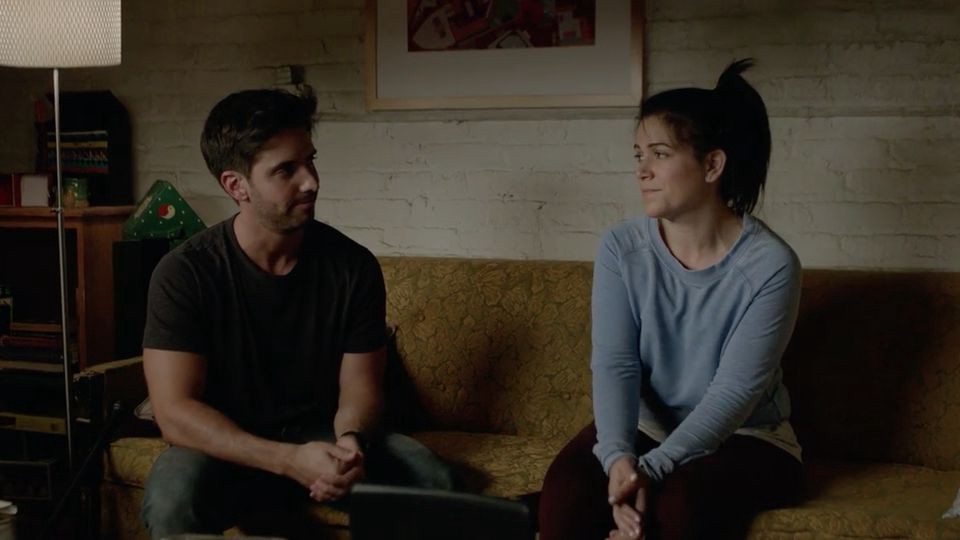How To Make Lifestyle Adjustments Without Wanting To Die
Must you sacrifice fun to get out of debt?

Someone wrote into Carolyn Hax’s live chat last week with a question about how getting in control of her debt can coexist with her social life.
I have to completely change how I spend money because I want to get rid of all this debt within the next two years — I’ll need a new car by then, will likely be engaged by then, etc. But my financials are really intertwined with my social identity. I really have no idea where to begin in changing my social life from bars and lunches and vacations to … well, I’ve budgeted about $100/mo for “fun money.” Which is MAYBE two dinners for Old Me. How do I avoid the FOMO from having to scale back social outings, and how do I communicate this sudden change with friends?
Carolyn, naturally, had a good answer:
Tell your closest friends you’re on a financial starvation diet and you’ll be eternally grateful for help getting creative with outings instead of just going out to dinner. After that, you don’t repeat yourself every time — you just say yes to things you can afford and no to things you can’t. It’s hard but necessary, and you’ll be okay.
Meanwhile, do your homework and find as many fun things to do as possible that you can afford so you can be the one to suggest them. If you’re first with the plans, then more of them will go your way.
Do you remember that essay from a while ago about a woman who realized her background in animal training could help her in her relationship? Here it is, I found it! Jeez, it was from 2006, it has whiskers on it.
What Shamu Taught Me About a Happy Marriage
Some people found it offensive, in that “how dare you call me an animal” way, but forget those people, because they have forgotten that we are animals. Like other mammals especially we can be trained. And if we can train other people, we can train ourselves, too.
How? With small but frequent incentives, like praise and treats. As the writer, Amy Sutherland, puts it, “I should reward behavior I like and ignore behavior I don’t.” She also makes clear that what works is “using what trainers call ‘approximations,’ rewarding the small steps toward learning a whole new behavior.”
Small steps. Praise. And treats, lots of treats. Because Carolyn is right. Giving up overspending can’t mean giving up fun or of course you won’t be able to see it through. But you may have to reframe “fun,” and then hang out with other people whose values match yours. It’s vastly easier to make changes as part of a likeminded community, to hang out with people whose idea of fun is also to hit up Beacon’s, not Bloomingdales, and to reset your idea of normal by restricting your media diet to shows like “Broad City,” in which people are struggling with money (while still managing to have a good time) rather than any of the thousands of materialistic shows that could trigger your impulse to spend.
It also helps, I think, to read other people’s success stories, like this one that just ran in Medium, to remind yourself that making real changes is possible:
Into the Black: How I Cut My $118,000 Student Loan Debt in Half
What do you do to keep yourself on track when you have to make drastic changes in a short period of time? Whose stories do you find inspiring?
Support The Billfold
The Billfold continues to exist thanks to support from our readers. Help us continue to do our work by making a monthly pledge on Patreon or a one-time-only contribution through PayPal.
Comments